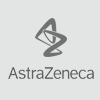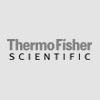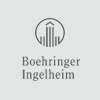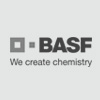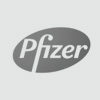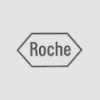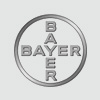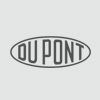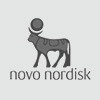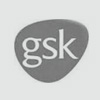- Description
- Specifications
Catalog #: CYT-300
Description:
IGFBP3 Human Recombinant produced in E.Coli is a homodimeric, non-glycosylated, polypeptide chain containing 2x264 amino acids and having a molecular mass of 28806 Dalton.
IGFBP-3 is purified by proprietary chromatographic techniques.
Synonyms:
Growth-hormone-dependant binding protein, IBP3, BP-53, IGFBP-3.
Source:
Escherichia Coli.
Amino Acid Sequence:
GASSGGLGPV VRCEPCDARA LAQCAPPPAV CAELVREPGC GCCLTCALSE GQPCGIYTER CGSGLRCQPS PDEARPLQAL LDGRGLCVNA SAVSRLRAYL LPAPPAPGNA SESEEDRSAG EVESPSVSST HRVSDPKFHP LHSKIIIIKK GHAKDSQRYK VDYESQSTDT QNFSSESKRE TEYGPCRREM EDTLNHLKFL NVLSPRGVHI PNCDKKGFYK KKQCRPSKGR KRGFCWCVDK YGQPLPGYTT KGKEDVHCYS MQSK.
Purity:
Greater than 97.0% as determined by:
(a) Analysis by RP-HPLC.
(b) Analysis by SDS-PAGE.
Solubility:
It is recommended to reconstitute the lyophilized Insulin-Like Growth Factor Binding Protein-3 in sterile 20mM AcOH (acetic Acid) not less than 100 µg/ml, which can then be further diluted to other aqueous solutions.
Formulation:
Lyophilized from a 0.2 µm filtered concentrated (0.5mg/ml) solution in PBS, pH 7.4.
Stability:
Lyophilized IBP3 although stable at room temperature for 3 weeks, should be stored desiccated below -18 °C.
Upon reconstitution IGF-BP 3 should be stored at 4 °C between 2-7 days and for future use below -18 °C.
For long term storage it is recommended to add a carrier protein (0.1% HSA or BSA).
Please prevent freeze-thaw cycles.
Activity:
The ED50, calculated by by its ability to inhibit IGF-II induced proliferation of MCF-7 is < 0.2 µg/ml in the presence of 15 ng/ml of Human IGF-II, corresponding to a specific activity of 5,000,000units/mg.
Physical Appearance:
Sterile Filtered White lyophilized (freeze-dried) powder.
Usage:
Denovo Biotechnology's products are furnished for LABORATORY RESEARCH USE ONLY. The product may not be used as drugs, agricultural or pesticidal products, food additives or household chemicals.
References:
Title:The role of insulin-like growth factor binding protein-3 in the growth inhibitory actions of androgens in LNCaP human prostate cancer cells.
Publication:Article first published online: 4 OCT 2007 DOI:10.1002/ijc.23100 Copyright © 2007 Wiley-Liss, Inc.
Link:http://onlinelibrary.wiley.com/doi/10.1002/ijc.23100/full

